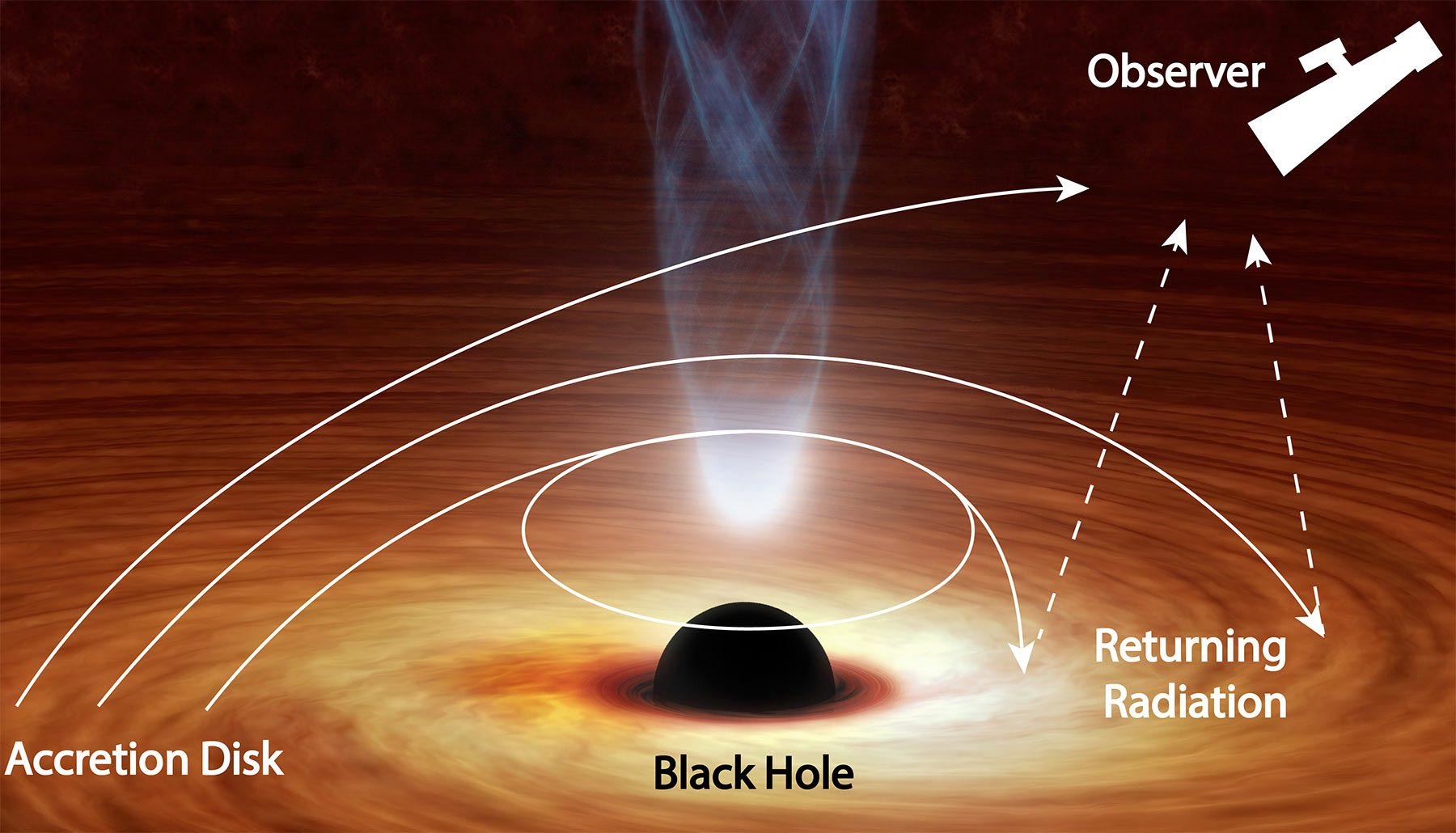
Monday, NASA's Ingenuity Mars Helicopter became the first aircraft in history to make a powered, controlled flight on another planet. The flight was a success.

After an impressive night launch Sunday, the Crew Dragon Resilience docks with the International Space Station for a long-term stay. This is a new era of operational flights to the ISS from the Florida coast.

NASA scientists identified a molecule in Titan’s atmosphere that has never been detected in any other atmosphere - cyclopropenylidene, or C3H2. This simple molecule may be a precursor to possible life on Titan.

NASA's asteroid sampling aircraft OSIRIS-REx, which touched asteroid Bennu last week, has collected such abundant quantity of asteroid particles that it is jammed open and these particles are leaking slowly in the space.

By studying Ceres' gravity, scientists learned more about the dwarf planet's internal structure and were able to determine that the water reservoir is about 40 km deep and hundreds of km wide.

NASA's Mars 2020 Perseverance rover mission is on its way to the Red Planet to search for signs of ancient life and collect samples to send back to Earth.

The Solar Orbiter project, a collaboration between the European Space Agency and NASA, has begun a critical new stage of the mission after the probe's first close encounter with the Sun.

NASA recently announced the three companies that will be building lunar landing systems to take astronauts back to the Moon - SpaceX, Blue Origin, and Dynetics.

30 years ago the Hubble Space Telescope blasted off the launch pad aboard the space shuttle Discovery, ushering in a new era for astronomy that has transformed our understanding of the Universe around us.

A reanalysis of data from NASA's Kepler space telescope has revealed an Earth-size exoplanet orbiting in its star's habitable zone, the area around a star where a rocky planet could support liquid water.

A new study offers evidence that, not all of the light streaming from a black hole’s surrounding disk easily escapes. Some of it gives in to the monstrous pull of the black hole, turns back, and then bounces off the disk and escapes.

US astronomy student Michelle Kunimoto has discovered 17 new planets, including a potentially habitable, Earth-sized world, by combing through data gathered by NASA.

InSight is the first mission dedicated to looking deep beneath the Martian surface. Findings reveal a planet alive with quakes, dust devils and strange magnetic pulses. However, the lander's mole is still stuck and scientists are working on getting it digging again.

NASA mathematician Katherine Johnson did more than just calculate rocket trajectories for early space missions. Her story, when it was finally told, completely changed people's perceptions about who has been and who can be important in history.

The biggest explosion seen in the universe has been found. This record-breaking, gargantuan eruption came from a black hole in a distant galaxy cluster hundreds of millions of light years away.